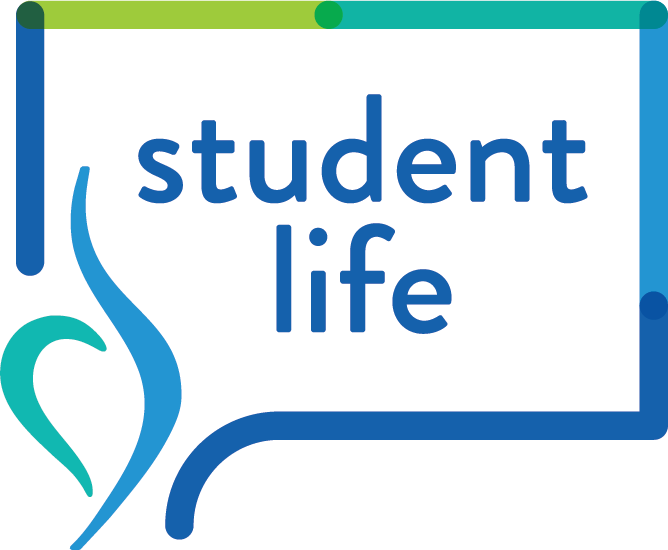How Writing Saved My Life
Talking openly about my feelings has never come easily to me. Even when I was younger, I would rather deliver a vague response of “okay” or “I’m fine” than engage in a lengthy discussion with someone else. And that was never really a problem—at least not until people started expecting me to speak.
To a person who has never had an eating disorder, they’re virtually impossible to understand. The concept of deliberately depriving yourself of food, the building block for our species’ survival, seems irrational, illogical, and, as I’ve heard many times before, crazy.
But that was my life. From the start of eighth grade to not too long ago, I was convinced that my self-worth was dependent on the number of calories I ate—or lack thereof. I existed in a black-and-white world where I was tired and hungry all the time, unable to sleep, and lacked enjoyment in every aspect of my miserable life. My mind was convinced that I had no purpose.
But then I discovered writing.
I’ve always been creative. As a kid, my teachers would frequently comment on how strong my writing was. I was told I had a “gift,” and that I should pursue my talent, which I did—kind of. I wrote a short story every now and then, I participated in a writing course one summer, and I won a poetry contest at my local library. But it was ultimately my illness that compelled me to tear off the pretty wrapping paper and whole-heartedly embrace my gift.
Eighth grade was, without a doubt, the most challenging year of my life. Overwhelmed by my insecurities and anxieties, I clung to control in the only way I knew how; restricting food. But what began as a fairly innocent diet quickly developed into a full-blown eating disorder, wreaking havoc on my life and the lives of those closest to me.
After months of sheer torture, I was admitted to an Intensive Outpatient Program (IOP). I was there for eight weeks. When I discharged, I was physically in a better place, but mentally, I was still extremely sick. I was no longer allowed to attend school because I was unsafe, so I spend most of my time at home watching television or sleeping or moping around my house, bored out of my mind.
Also around that time, my then-therapist was suggesting coping skills to make my life more manageable. Most of her ideas I refused to try. I thought they were stupid and a waste of my time—I even thought that about writing the first time she proposed it. But once I sat down at my computer and began typing, this incredible feeling of relief overcame me. After years of suppressing my troubling emotions, I finally had a non-destructive release for them.
I realized I had found my voice.
I continued to write diligently in the brutal years that followed. No matter where I was or what resources I had, I would always find a way to write. I remember at a psychiatric hospital composing a poem on a scrap of paper with a stubby orange crayon because patients weren’t allowed to have pencils.
Interestingly enough, despite the fact that every treatment facility I’ve been to encouraged me to explore journaling, the majority of my work at that time was fiction. It made sense that I didn’t want to reflect on the constant turmoil I was enduring—instead, I wanted to escape into a world that was different than my own. I wanted a story that I could control.
As my mental health slowly improved, so did my writing. Recovery provided me with a greater understanding of myself and my life, which I incorporated into my stories. I learned that I don’t have to be perfect to be successful, and that food, once my worst enemy, is actually what enables me to pursue my passion and achieve my long-term goals.
Some days, I wish I could travel back in time and assure my eighth-grade self that things do get better; that obtaining self-satisfaction, no matter how little, is not a false hope but a reality I’m now living in. Other days, I wish I could forget that grim period in my life ever existed. But every day, regardless of my mental state, I’m grateful to writing for giving me the opportunity to reestablish my identity. As long as I have my computer, or at the very least paper and a pencil, by my side, I know I’ll be okay.
High school senior Julia Tannenbaum has been writing since she was thirteen. This September, she published her debut novel Changing Ways; a contemporary young adult story about a sixteen-year-old battling an eating disorder, a topic that hits very close to home, as she herself is recovering from anorexia. Tannenbaum currently lives in West Hartford, Connecticut with her two mothers and four cats. Changing Ways is available on Amazon in paperback and Kindle versions. For more information, visit her website www.wackywriter.com.






